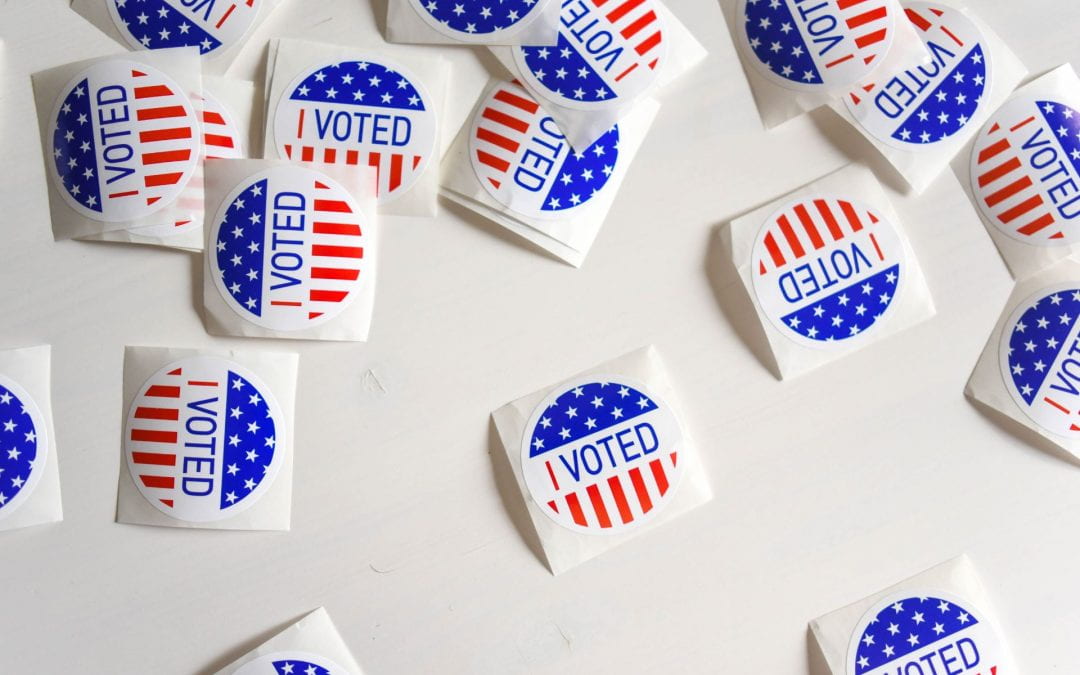Since the 2020 election, the Republican party has confronted defeat by claiming the election was stolen. In response, state legislatures controlled by the party have written substantial revisions to election processes and election law. In the name of protections against fraud, these appear to restrict the pool of eligible voters. This campaign of voter suppression has significant implications on democracy and voter access in communities historically underrepresented via voter suppression. What are the legal implications of this, and what does this mean for the future of American democracy? Doug Becker speaks with Nicholas Stephanopoulos and Kimberly Wehle.
Nicholas Stephanopoulos is a Professor of Law at Harvard University. He is an expert in election law.
Kimberly Wehle is a Professor of Law at the University of Baltimore. She is an expert in administrative law and is the author of What You Need to Know About Voting–and Why.
Podcast:
This interview originally aired on the Scholars’ Circle. To access our archive of episodes and download this interview, click here.
For more of our audio and visual content, check out our YouTube channel, or head to the University of Auckland’s manuscripts and archives collection.
Disclaimer: The ideas expressed in this discussion reflect the views of the guests and not necessarily the views of The Big Q.
You might also like:

